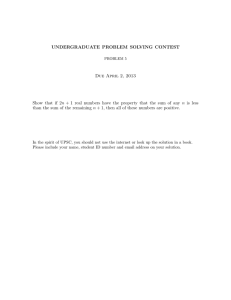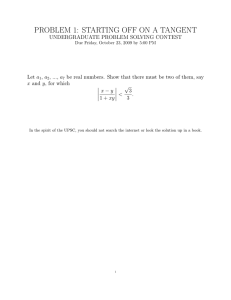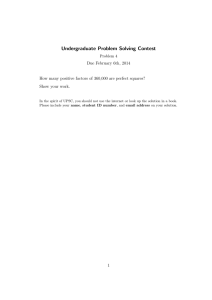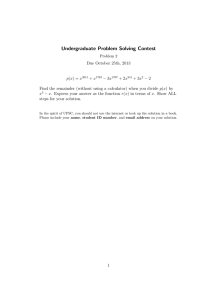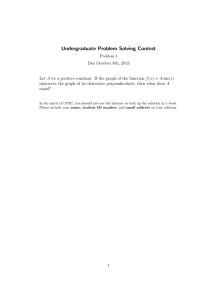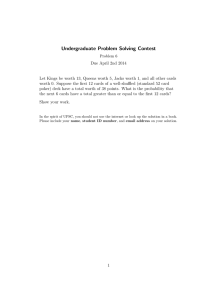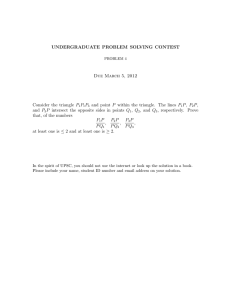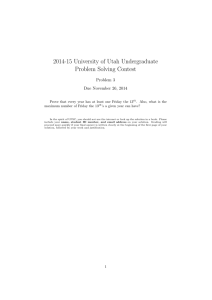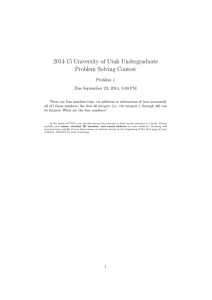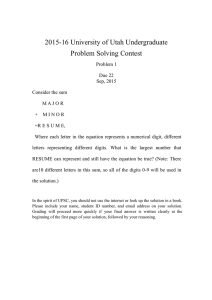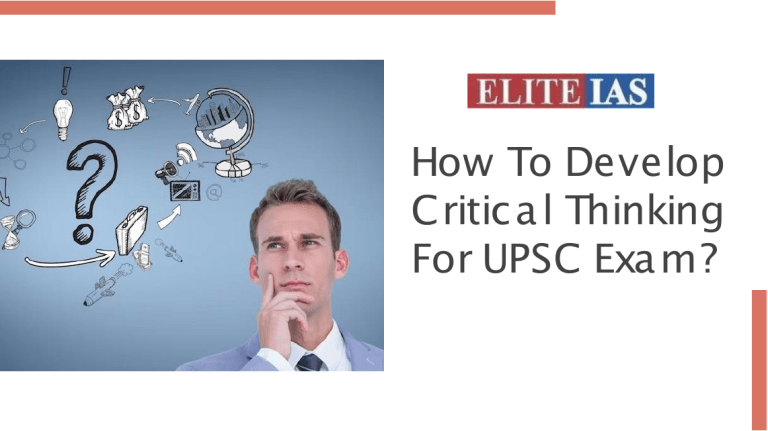
How To Develop Critic a l Thinking For UPSC Exa m? U NLOCKING THE INTELLECT Master critical thinking to excel in UPSC exams and achieve success. Develop analytical skills and enhance problem-solving abilities. Discover the power of logical reasoning and creative problem-solving. This presentation will provide valuable insights and strategies to help you succeed in the UPSC exams. THE I M PORTANCE OF CRITICAL TH I NK I NG Mastering critical thinking is essential for UPSC success. It enables you to think independently, make informed decisions,and solve complex problems. Develop critical thinking habits to excel in various exam sections like essay writing, comprehension, and decision-making. Unlock your intellectualpotentialand achieve your UPSC goals. STRATEGIES FOR E N H AN C I N G CRITICAL THINKING Discover effective strategies to enhance your critical thinking skills.Practice active listening to understand different perspectives.Ask thought-provoking questions to stimulate your thinking process. Engage in debates and analyze case studies to develop logical reasoning abilities.Read extensively to broaden your knowledge base and improve your analytical skills. APPLYING CRITICAL THI NKI NG I N UPSC EXAMS Learn how to apply critical thinking techniques in UPSC exams. Analyze and interpret questions effectively to identify key requirements. Evaluate options and prioritize information to make informed choices.Structure your answers logically and supportthem with evidence. Develop a structured thinking approach to excel in the UPSC exams. CONCLUSION Mastering critical thinking is the key to UPSC success. Develop a creative and analytical mindset to excel in the exams. Enhance your problemsolving abilities and think critically to make informed decisions. Unlock your intellectual potential and achieve your UPSC goals. Apply the strategies and techniques discussed in this presentation to unleash your intellectand conquer the UPSC exams. Thanks! Do you have any questions? info@eliteias.in +91-7065202020 https://www.eliteias.in
